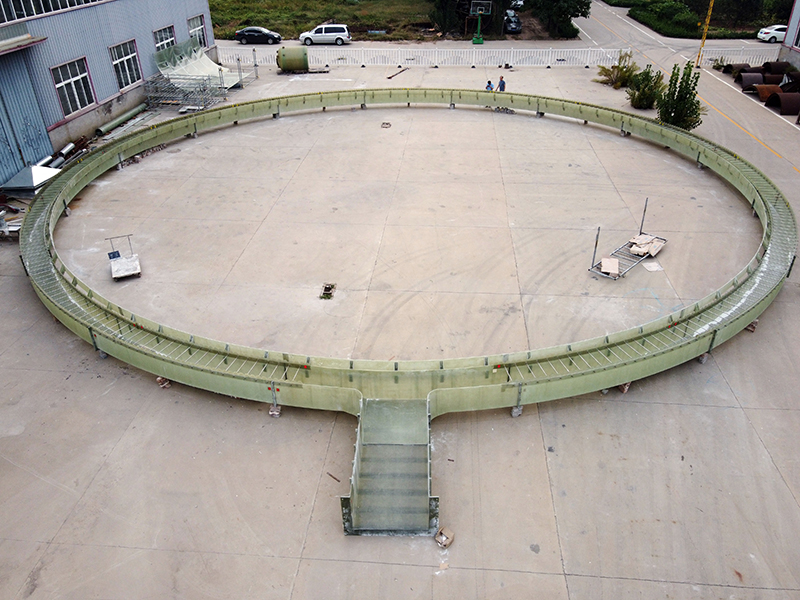
-
 Afrikaans
Afrikaans -
 Albanian
Albanian -
 Amharic
Amharic -
 Arabic
Arabic -
 Armenian
Armenian -
 Azerbaijani
Azerbaijani -
 Basque
Basque -
 Belarusian
Belarusian -
 Bengali
Bengali -
 Bosnian
Bosnian -
 Bulgarian
Bulgarian -
 Catalan
Catalan -
 Cebuano
Cebuano -
 China
China -
 China (Taiwan)
China (Taiwan) -
 Corsican
Corsican -
 Croatian
Croatian -
 Czech
Czech -
 Danish
Danish -
 Dutch
Dutch -
 English
English -
 Esperanto
Esperanto -
 Estonian
Estonian -
 Finnish
Finnish -
 French
French -
 Frisian
Frisian -
 Galician
Galician -
 Georgian
Georgian -
 German
German -
 Greek
Greek -
 Gujarati
Gujarati -
 Haitian Creole
Haitian Creole -
 hausa
hausa -
 hawaiian
hawaiian -
 Hebrew
Hebrew -
 Hindi
Hindi -
 Miao
Miao -
 Hungarian
Hungarian -
 Icelandic
Icelandic -
 igbo
igbo -
 Indonesian
Indonesian -
 irish
irish -
 Italian
Italian -
 Japanese
Japanese -
 Javanese
Javanese -
 Kannada
Kannada -
 kazakh
kazakh -
 Khmer
Khmer -
 Rwandese
Rwandese -
 Korean
Korean -
 Kurdish
Kurdish -
 Kyrgyz
Kyrgyz -
 Lao
Lao -
 Latin
Latin -
 Latvian
Latvian -
 Lithuanian
Lithuanian -
 Luxembourgish
Luxembourgish -
 Macedonian
Macedonian -
 Malgashi
Malgashi -
 Malay
Malay -
 Malayalam
Malayalam -
 Maltese
Maltese -
 Maori
Maori -
 Marathi
Marathi -
 Mongolian
Mongolian -
 Myanmar
Myanmar -
 Nepali
Nepali -
 Norwegian
Norwegian -
 Norwegian
Norwegian -
 Occitan
Occitan -
 Pashto
Pashto -
 Persian
Persian -
 Polish
Polish -
 Portuguese
Portuguese -
 Punjabi
Punjabi -
 Romanian
Romanian -
 Russian
Russian -
 Samoan
Samoan -
 Scottish Gaelic
Scottish Gaelic -
 Serbian
Serbian -
 Sesotho
Sesotho -
 Shona
Shona -
 Sindhi
Sindhi -
 Sinhala
Sinhala -
 Slovak
Slovak -
 Slovenian
Slovenian -
 Somali
Somali -
 Spanish
Spanish -
 Sundanese
Sundanese -
 Swahili
Swahili -
 Swedish
Swedish -
 Tagalog
Tagalog -
 Tajik
Tajik -
 Tamil
Tamil -
 Tatar
Tatar -
 Telugu
Telugu -
 Thai
Thai -
 Turkish
Turkish -
 Turkmen
Turkmen -
 Ukrainian
Ukrainian -
 Urdu
Urdu -
 Uighur
Uighur -
 Uzbek
Uzbek -
 Vietnamese
Vietnamese -
 Welsh
Welsh -
 Bantu
Bantu -
 Yiddish
Yiddish -
 Yoruba
Yoruba -
 Zulu
Zulu
Premium Fiberglass Grating Suppliers | Durable, Lightweight, and Corrosion-Resistant Solutions
Understanding Fiberglass Grating A Guide to Suppliers and Their Benefits
Fiberglass grating is a versatile and durable product widely used in various industries, including construction, wastewater treatment, and chemical processing. Made from a composite material consisting of glass fibers and resin, fiberglass grating offers numerous advantages over traditional materials such as steel and wood. As businesses seek reliable and efficient solutions, the demand for fiberglass grating suppliers has grown significantly.
One of the foremost benefits of fiberglass grating is its exceptional strength-to-weight ratio. It is significantly lighter than metal, making it easier to transport and install. Despite its lightweight nature, fiberglass grating can support heavy loads, making it a preferred choice in industries that require robust flooring solutions. Additionally, its corrosion resistance makes it ideal for environments exposed to harsh chemicals, moisture, and extreme weather conditions. This durability translates into lower maintenance costs and longevity, which is a significant advantage for companies aiming to minimize operational expenses.
When searching for fiberglass grating suppliers, several factors should be considered to ensure you choose a reliable and trustworthy partner. First and foremost, it's essential to look for suppliers with a proven track record in the industry. Researching the company’s reputation, client testimonials, and years of experience can provide valuable insights into their reliability and quality of service. Established suppliers often have extensive inventories, enabling them to meet diverse specifications and project needs promptly.
Quality is another crucial factor to consider. The manufacturing process of fiberglass grating can vary greatly among suppliers, impacting the product's strength, durability, and performance. Therefore, it is essential to work with suppliers who adhere to stringent quality control standards and utilize high-grade raw materials. Certifications and compliance with industry standards, such as ASTM and OSHA regulations, can serve as indicators of a supplier's commitment to quality.
fiberglass grating suppliers

Furthermore, potential buyers should evaluate the range of products available. Fiberglass grating comes in various styles and configurations to suit different applications. Suppliers that offer customized solutions can typically better meet specific industry requirements. This customization can encompass different mesh sizes, thicknesses, and resin types, enabling businesses to select the ideal product for their particular environment and load requirements.
Customer service is another vital aspect of selecting fiberglass grating suppliers. A responsive and knowledgeable team can make a significant difference in the purchasing experience, providing guidance on product selection, installation procedures, and project timelines. Suppliers who prioritize customer satisfaction will likely foster long-term partnerships that benefit both parties.
Lastly, consider the pricing structure. While it's important to find a competitive price, it should not come at the expense of quality. Comparing quotes from multiple suppliers can help identify the best value while ensuring the standards of quality are maintained.
In conclusion, fiberglass grating offers a wealth of advantages that make it a popular choice across various industries. When selecting fiberglass grating suppliers, prioritize reputation, quality, product range, customer service, and pricing. By doing so, businesses can ensure they receive a reliable product that meets their needs and contributes to their operational efficiency. Whether for flooring, walkways, or platforms, fiberglass grating is a solution that combines strength, safety, and longevity.
Latest news
-
Exploring the Benefits of Top Hammer Drifter Rods for Enhanced Drilling PerformanceNewsJun.10,2025
-
High-Precision Fiberglass Winding Machine for GRP/FRP Pipe Production – Reliable & Efficient SolutionsNewsJun.10,2025
-
FRP Pipes & Fittings for Shipbuilding - Corrosion-Resistant & LightweightNewsJun.09,2025
-
Premium FRP Flooring Solutions Durable & Slip-ResistantNewsJun.09,2025
-
Premium Fiberglass Rectangular Tanks Durable & Lightweight SolutionNewsJun.09,2025
-
Tapered Drill String Design Guide Durable Performance & UsesNewsJun.09,2025









